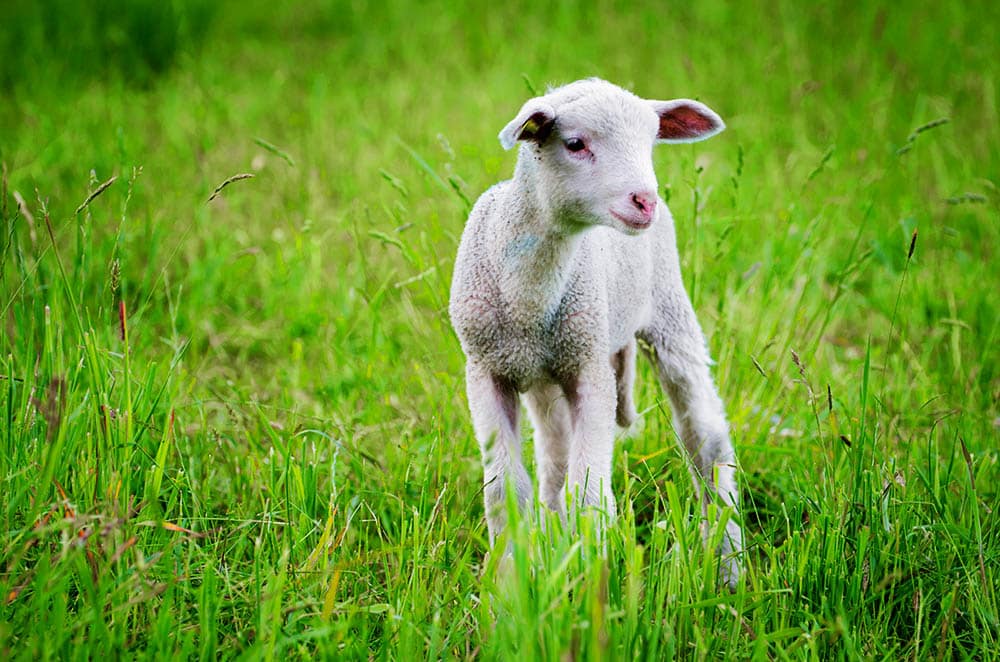As consumers, we are increasingly becoming conscious about what goes into our food, where it comes from, and how it is produced. One area of food production that often goes overlooked, however, is the welfare of the animals on farms. The shocking truth is that many industrial farms still treat animals as mere commodities, subjecting them to unimaginable cruelty and suffering.
The Reality of Industrial Farming
The vast majority of the meat, eggs, and dairy products that we find in supermarkets and restaurants come from industrial farms, also known as factory farms. These farms operate on a massive scale, housing thousands of animals in cramped, often filthy conditions. Animals are treated like mere units of production, with little regard for their welfare or quality of life.
In the U.S., for example, 99% of chickens raised for meat are raised on factory farms. These chickens are packed into crowded, windowless sheds with tens of thousands of other birds. They are often bred to grow so quickly that they suffer from skeletal and cardiovascular problems, unable to walk or stand normally. They are also commonly fed antibiotics to prevent diseases from spreading in such crowded conditions.
Cows raised for dairy are also subjected to appalling conditions. They are often kept in confinement for their entire lives, unable to graze on pasture or exhibit any natural behaviors. They are impregnated repeatedly to keep milk production high, and their calves are taken away from them almost immediately after birth, causing immense distress to both mother and calf.
Pigs are some of the most intelligent and social animals raised for food, yet they are often subjected to some of the worst conditions. Most pigs in the U.S. are raised indoors in gestation crates that are so small that they are unable to even turn around. These highly intelligent animals are unable to exhibit any of their natural behaviors, such as rooting in the ground or exploring their environment.
The Real Cost of Cheap Meat
The industrial agriculture system has been designed to produce cheap meat, eggs, and dairy products at all costs. This has resulted in a race to the bottom, with farms looking to cut corners wherever possible to increase profits. Unfortunately, this often comes at the expense of animal welfare.
Cheap meat may seem like a bargain at the supermarket, but the true cost is borne by the animals themselves. Animals raised in factory farms are often subjected to extreme physical and emotional suffering, leading to a lower quality of life and even premature death.
Moreover, the industrial agriculture system is also responsible for significant environmental damage, including pollution of waterways and soils due to the massive amounts of waste produced by animals on factory farms.
The Need for Change
Despite the clear evidence of widespread cruelty and suffering on factory farms, the situation is not hopeless. Consumers have the power to make a difference by taking a stand and demanding changes in the way animals are treated. Here are some steps we can all take to help improve animal welfare:
– Choose high-welfare meat, eggs, and dairy products. Look for labels such as Certified Humane or Animal Welfare Approved, which indicate that the animals were raised in conditions that allow them to live as naturally as possible.
– Reduce your meat intake. Even if you don’t go vegetarian or vegan, consuming less meat can help reduce the demand for products from industrial farms.
– Support animal welfare organizations. Groups such as the Humane Society of the United States and the ASPCA work tirelessly to fight animal cruelty and raise awareness about the need for better treatment of animals.
– Practice compassionate shopping. When possible, buy products that are free from animal testing and do not contain any animal products.
The Bottom Line
The treatment of animals on industrial farms is a serious issue that deserves our attention and action. We have a collective responsibility to ensure that animals are treated with respect and dignity, and not simply as units of production. By supporting high-welfare products and reducing our meat intake, we can all do our part to create a more compassionate and just food system.
Let us come together to take a stand for the animals who are subjected to unimaginable cruelty and suffering on industrial farms. We owe it to them, and to ourselves, to make a change.
